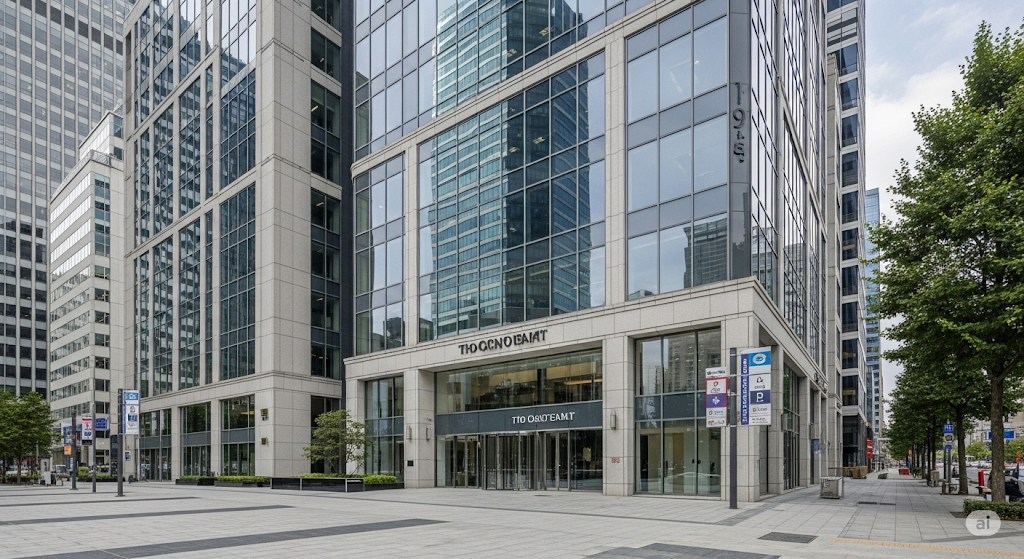Overview: Virtual office - more than just an address?
Virtual offices are often advertised as a cost-effective alternative to traditional offices. However, many interested parties are surprised by the monthly fees, which are often well over €50 - even if apparently only a business address ("mailbox") is offered. What is behind these prices?
The most important cost drivers at a glance
The main factors that determine the monthly costs for a virtual office are listed below:
1. location and reputation of the address
- High-quality locations (e.g. city centre, business districts) are significantly more expensive than peripheral locations.
- A prestigious address increases credibility and trust among customers and business partners.
- Premium locations are often associated with higher rents for the provider, which are passed on to customers on a pro rata basis.
2. rental costs and ongoing ancillary costs
- The total rent of an office building (including heating, cleaning, caretaker service, waste disposal, etc.) is distributed proportionately among the tenants - i.e. also among virtual offices.
- Even if you do not use your own workstation, the virtual customer indirectly contributes to the costs of the entire property.
- Operating costs such as electricity, security and infrastructure are also taken into account.
3. administration and personnel
- Every registration, forwarding of mail, acceptance of parcels or the administration of registered mail means work for trained staff.
- Even if many services are automated, a considerable amount of administrative work remains - especially when it comes to the legally compliant processing of mail and compliance with legal requirements.
- Data protection, documentation and customer communication require experience and care.
4 Legal requirements and liability
- Virtual office providers must fulfil strict legal requirements (e.g. under the Money Laundering Act and for verifying the identity of customers).
- The documentation and management of tenancies require trained employees and specialised software.
- The provider is liable to a certain extent for the proper acceptance and forwarding of mail.
5. technical and organisational infrastructure
- Modern security and access systems, digital mail acceptance and reliable forwarding cost money.
- Tenant management systems, document archiving and access monitoring require ongoing investment.
6. experience, reliability and service quality
- Providers with years of experience invest in stable processes and emphasise professional services.
- Reliable processing and forwarding of mail, flexible availability and customer-orientated solutions require trained employees and reliable support.
Price differences between different providers
- Providers in top locations (e.g. Düsseldorf, Frankfurt, Munich) usually charge higher fees for the address and service.
- Providers with very favourable prices usually work with fewer service staff or offer a less prestigious address.
- As a rule, low-cost providers cannot offer the same service and security as established companies.
Why is a professional virtual office still worthwhile?
- A well-known German business address strengthens the trust of customers and authorities.
- The legally compliant management and acceptance of registered mail and parcels can be crucial for many start-ups and in day-to-day business.
- The ability to use the address for bank accounts and Google Maps entries is also a clear advantage.
Conclusion: Quality and safety have their price
Virtual offices are much more than just a "mailbox". You benefit from a reputable address, professional administration and legal security. The price is based not only on the location, but also on the quality and reliability of the service.



Leave a Reply